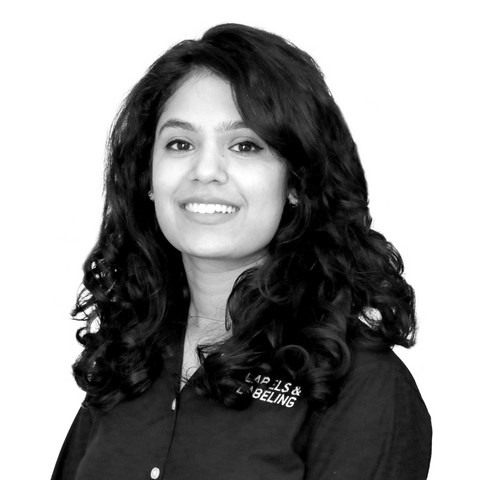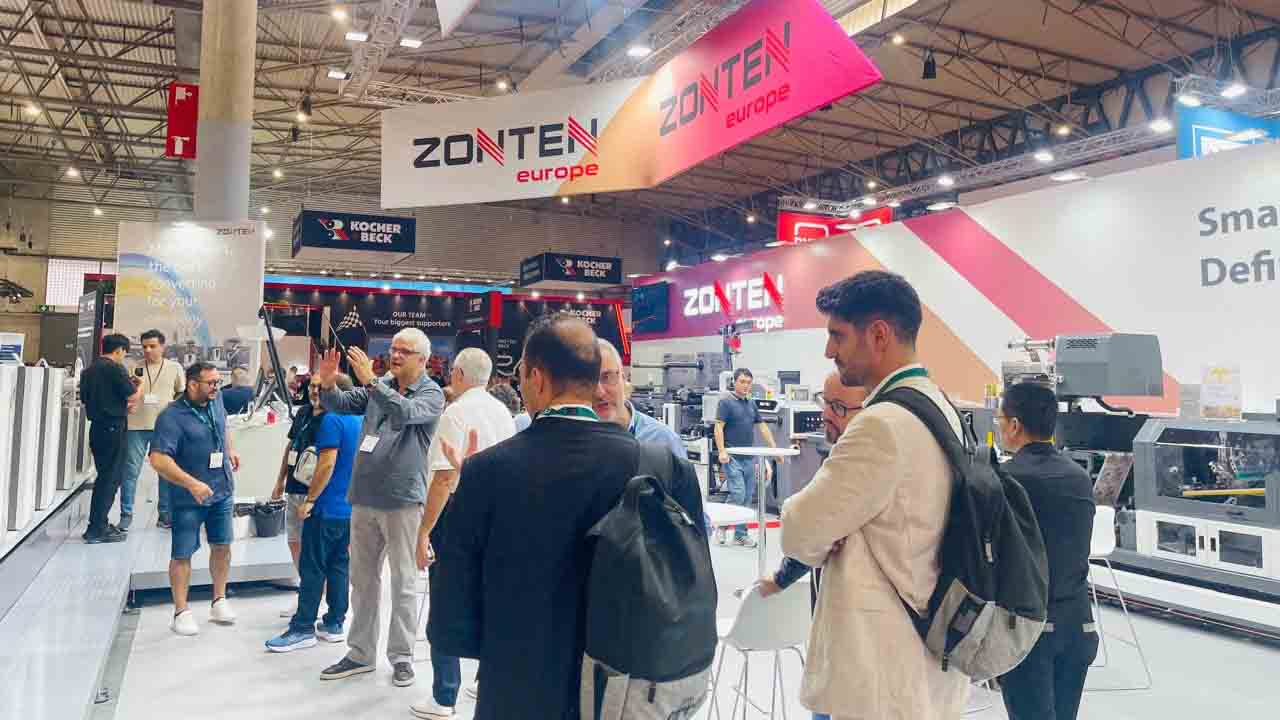Sky Labels expands production
Nairobi, Kenya-based Sky Labels, is undergoing a signifi cant transformation as it prepares to move into a newly expanded factory.

The origins of Sky Labels trace back to the 1990s when NT Mehta, chairman, acquired a modest label manufacturing company with just five employees. Today, the company with a team of over 50, supplies labels in Kenya, Uganda, Tanzania, Rwanda, Ethiopia and other parts of Africa across cosmetics, healthcare, food, beverage and pharma segments.
With its current space proving too small to meet growing demands, the company plans to move to a bigger facility to enhance its operations.
‘This new factory is designed to be more streamlined with lean manufacturing principles, which is crucial for staying competitive in the market,’ says Mehta.
‘We always invest in the latest machinery to remain relevant in the market. The entire production team is involved when it comes to making decisions about the investment, especially when it comes to machines.’
The new factory, spanning over 30,000sqft, is an upgrade from its current 15,000-20,000sqft premises. With all necessary plans and approvals in place, the construction began in February 2025.
With a robust machinery portfolio that includes Konica Minolta’s AccurioLabel 230 (the first machine installed in East Africa in 2023) and Multitec flexo presses (8-color and 6-color), the company continues to prioritize high-quality output. Another 6-color press is also on its way. Sky Labels also operates two letterpress machines and provides digital printing to service growing demand for short-run and quick turnaround jobs. The company houses finishing capabilities and plans to add platemaking to streamline production.
Market trends and demand
The labeling market in East Africa is experiencing significant growth, with increasing demand for value addition and customization.
‘Sky Labels focuses more on cosmetics and beverage brands, which typically prefer robust designs paired with unique shapes,’ says Palak Dave, operations director. ‘Materials such as semi-gloss, polypropylene (PP) and tamper-evident labels are in high demand. However, sustainability is yet to gain traction in the region, largely due to the high cost involved with sustainable products, with small brands dominating the market focus.’
Customers often expect deliveries within two to three days, at most, a week. The company’s investment in advanced machinery, 24/7 operations, and team collaboration in decision-making enable it to meet these expectations effectively.
The complete production team is involved when it comes to making decisions about the investment, especially when it comes to investing in machines
‘Our unique model allows us to deliver the highest print quality, offer economical value pricing, the best customer service and the shortest lead times in the market with sustainability at the forefront; it’s how printing should be,’ says Chintan N. Mehta, head of business development.
Anti-counterfeiting is another growth area for Sky Labels. The company sources tamper-evident materials from Avery Dennison to provide void-material labels.
Challenges
The converters in East Africa face several challenges with the biggest of which is rising competitiveness. As the packaging segment grows, an increasing number of offset printers are entering the market.
The label market in Africa is seeing new entrants every year, with many using cost-effective machines. With more than 35 label converters already operating in Nairobi, the competition is fierce, driving price wars and customer poaching.
Converters offer competitive pricing to capture market share, leading to reduced profit margins. As a result, many are diversifying into new product segments, such as stand-up flexible packaging with zippers, for better profitability.
Many converters now export to other countries within East Africa, intensifying regional competition.
Workforce challenges also persist. Retaining talent is difficult, as trained employees often leave for better opportunities. The company addresses this by hiring a mix of experienced professionals, offering training, internal promotions and various benefits for career growth.
Sky Labels recognizes the need to embrace sustainable practices despite current market hesitations. While the company already uses solar power and is interested in adopting UV LED inks, regional suppliers have yet to meet the demand. Dave estimates it could take another 5-10 years for the market to fully embrace these eco-friendly products.
Sky Labels’ expansion into a larger facility, investment in advanced machinery, exploring new segments such as flexible packaging and bringing complete operations in-house position it to thrive in a competitive and evolving market.
Stay up to date
Subscribe to the free Label News newsletter and receive the latest content every week. We'll never share your email address.


